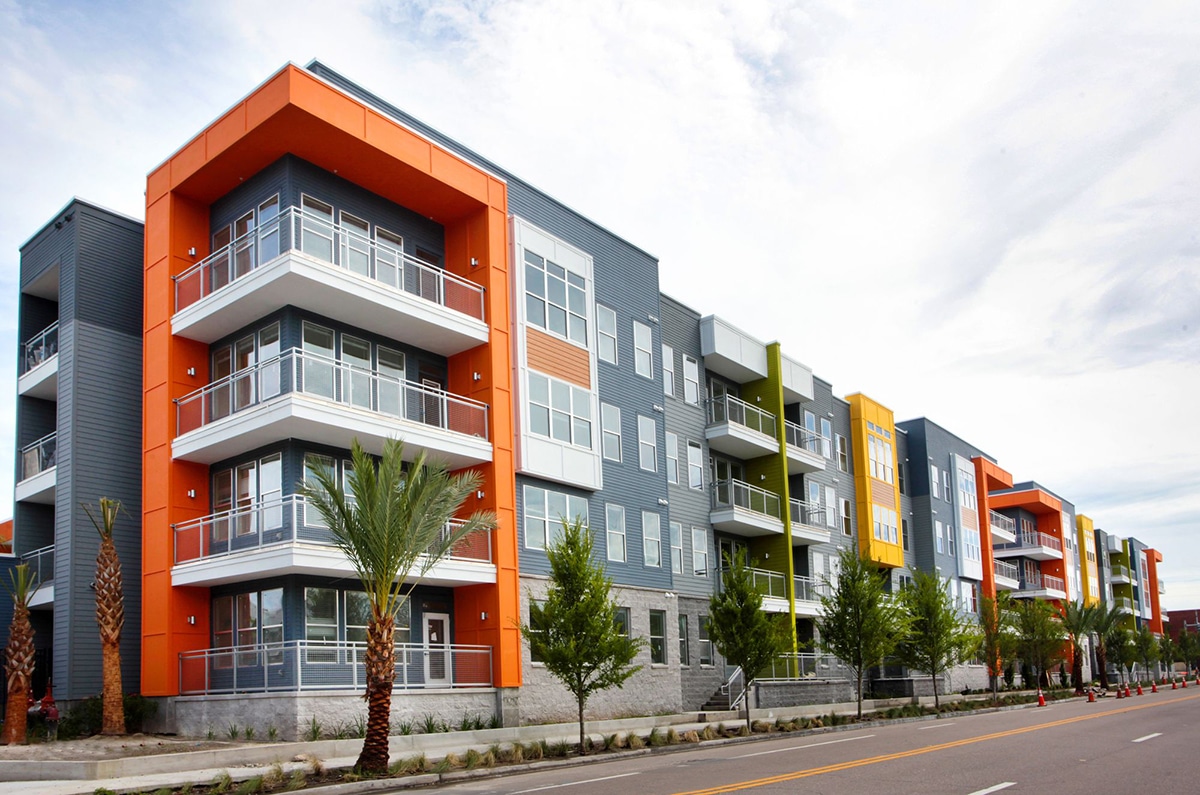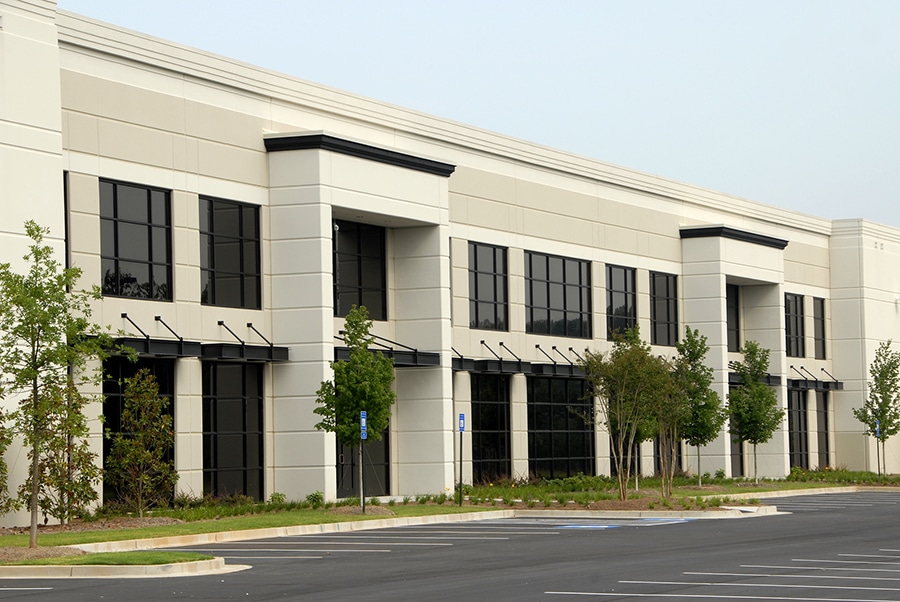Property Condition Assessments
Buying, selling, leasing and managing commercial property in Jacksonville and nearby areas is a complex endeavor. The Property Condition Assessment is probably the least understood, yet one of the most important components of a pre-purchase, due diligence process. Many prospective buyers may order a walk-thru, visual building inspection yet ignore the need to inspect for contamination, termites, mold, ADA violations, fire doors, or other equally important conditions. Any one of these conditions may be expensive to remediate or create a legal liability.
Commercial Property Assessments Protect Buyers
It’s no secret; commercial property owners in the Jacksonville area and beyond often fail to maintain the property. We see this daily. Maintaining a commercial property is expensive. Many owners or buyers are unaware of regulatory compliance requirements such as annual fire door inspections, HR7020 stairwell/balcony inspections, stormwater drainage/retention pond inspections, and compliance issues with the Americans With Disabilities Act. If the building is not compliant, you will inherit the compliance cost.
Phase 1 Environmental Site Audit
The Phase I Environmental Site Audit is your only defense against being held responsible for contamination you may have been unaware of (Innocent Landowner (ILO) under CERCLA Sections 107a and 122) — provided you conduct all appropriate inquiries (AAI) as defined by the USEPA. Your property may even be affected by off-site contamination that is migrating to your property. Unless you conduct a Phase I ESA, you will not know if the property is at risk.
Truly Qualified
There are many inspectors advertising “commercial inspections,” yet there are few who are truly qualified to provide the services you need. On occasion, the lender may insist you use an inspector on their list, but you should be cautious in doing so. Often, these inspectors have weak qualifications and at best, they can only provide one part of your due diligence needs. At the end of the day, it is you taking the risk if something goes wrong.
A Full Range of Commercial Due Diligence Inspections
Property360 is your One-Stop-Shop for commercial property assessment.
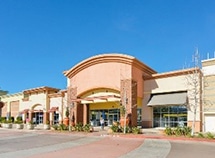
Retail & Strip Centers
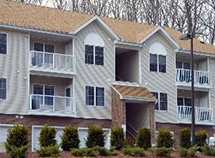
Multi-family

Mixed-use Urban

Industrial
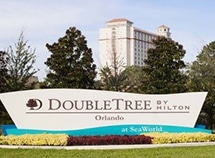
Hospitality

Historic

Medical

Spa & Resort Condo
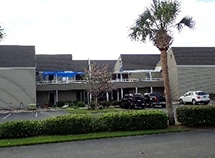
Restoration

Manufacturing
Our Services Include
- Building Inspections
- Indoor Air Quality Assessments
- Fire Door Inspection/Labeling
- EIFS/Stucco Evaluations
- Forensic Moisture Investigations
- Developer/HOA Transition Survey
- Commercial Pre-Listing Inspection
- Property Condition Assessment
- Property Condition Assessment
- ADA Compliance Audit
- HR7020 Balcony Inspection
- Phase I Environmental Site Audit
- Forensic Termite Investigation
- Manufactured Home Community Assessment
- Tenant Lease Inspection
Some Noteworthy Assignments
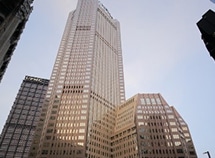
Melon Bank Building
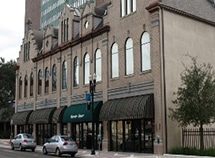
DoubleTree Resort
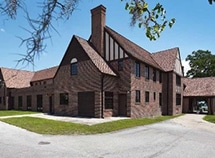
Women’s Center
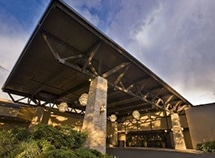
Marriott Seattle Airport

Holiday Inn
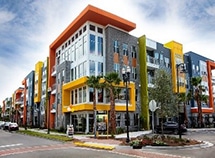
Urban Infill
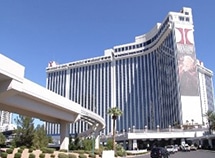
Hilton Worldwide

Champions Gate Resort
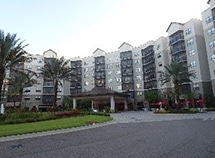
Grove Resort & Spa
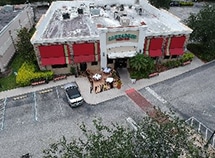
Carraba’s
Typical Poor Options
Today, property owners/managers are targeted by data jockeys offering slick brochures and iPad apps. Each sells the ease of data collection and the ability to easily retrieve data or share reports. They are basically all the same. They are all based upon statistical data derived from unproven sources. You can obtain the same data with a Google search, but you would have to write your own report. That is their unique selling proposition; the busy manager can publish a slick report, full of statistically derived data, in an hour. Caveat emptor – your budget may be in jeopardy when the data does not reflect the unique requirements of your facility.
Think about the historical use of statistical data in property assessment. A recent example is the real estate bubble of 2007. Certified property appraisers across the nation, utilizing statistical data, determined the value of a property should reflect the input demanded by the lender. As there was little need for actual site time, and as the valuation could be prepared in about 45 minutes, the market fee for an appraisal on a small commercial facility was less than $500. Drive by appraisals became commonplace, every appraisal used the same statistical data and nearly every appraisal was over-stated.
Now consider the same approach to a property condition assessment where the cost reserve for HVAC or roof replacement is factored in based upon unproven statistical data. The report may recommend an allowance for reserve, but it absolutely cannot tell you when the expenditures are needed or, in fact, if they are needed. The data jockey cannot tell you there is moisture intrusion in the west wall, mold growth in the AC plenum, or the stormwater system needs $40,000 in repairs. They typically provide a lot of useless filler such as local crime statistics, public protection classifications, and taxes or wildfire risk; basically, information which is readily available on the internet. In case you don’t know, the wildfire risk for most urban buildings is slight. Garbage In – Garbage Out.
Thanks to the effort by a couple of national home inspector associations in securing state licensure for home inspectors, the minimally qualified, if at all, “licensed home inspectors” now believe themselves empowered to inspect commercial structures.
Like the data jockeys, they walk through the building, take a couple hundred photos and show you what they believe to be “defects.” Next, they recommend you have the HVAC, the electrical, the windows, the doors, the parking lot, and most everything else inspected by a “licensed professional.” Most of these “inspectors” have never been involved in commercial construction of any type building. In Florida, only a licensed Division I Contractor, a licensed professional engineer or architect should assess a commercial building or offer repair estimates.
Architects are great at designing buildings and, in some cases, they are the best resource in evaluating design flaws. Engineers are great at their discipline. Neither is trained to assess a completed structure and neither has ever constructed a building. Architects and engineers design — builders build. Typically, your building inspection will be assigned to a lower person in the firm such as a technician or EIT/AIT. Very few firms have full-time building inspectors on staff. Therefore, the inspection becomes one dimensional and somewhat like the data jockey approach.
Hire a Qualified Inspector To Perform a Physical Inspection
Most truly qualified commercial building inspectors have a long background in building construction. Some may come from public building departments. Additional certifications such as ICC Commercial Building Inspector, Mold Assessor, Certified Indoor Environmental Consultant, EIFS/Stucco Inspector, NFPA Fire Inspector, ADA Plans Examiner, Certified Safety Professional, and underground utilities knowledge will provide additional value in protecting your investment. The inspector with the qualifications should conduct the physical inspection. We serve Orlando, St. Augustine, Lake City, Green Cove Springs, Fleming Island, Keystone Heights, Lake Butler, Macclenny, and surrounding areas in Florida.
Why We Are Different Form Other Commercial Property Inspectors?
We are a full-service building inspection and environmental compliance firm.
Our Staff Includes
- A Certified General Contractor
- A BCSP Certified Safety Professional
- USEPA Certified Environmental Professionals
- An Associate Certified Entomologist
- A licensed Mold Assessor
- Licensed Pest Control Operators
- A Council Certified Indoor Environmental Consultant (CESSB)
- Certified Thermographers
- Certified EIFS/Stucco Inspectors
- NFPA Certified Fire Inspector I
- NPMA Certified QualityPro for Food and Schools
One Stop Shop
- Building Inspection per ASTM E-2018
- Americans with Disabilities (ADA) Survey
- Phase I Environmental Site Audit (for innocent landowner defense)
- Pest, rodent, and termite inspections
- Fire systems, smoke doors, and emergency egress compliance
- HR7020 deck/balcony/railing inspections
- EIFS or stucco wall cladding assessment
- Mold, moisture, and indoor air quality assessment
